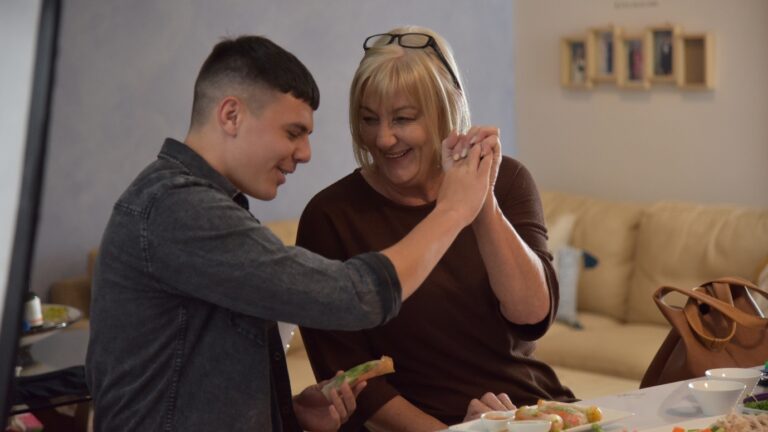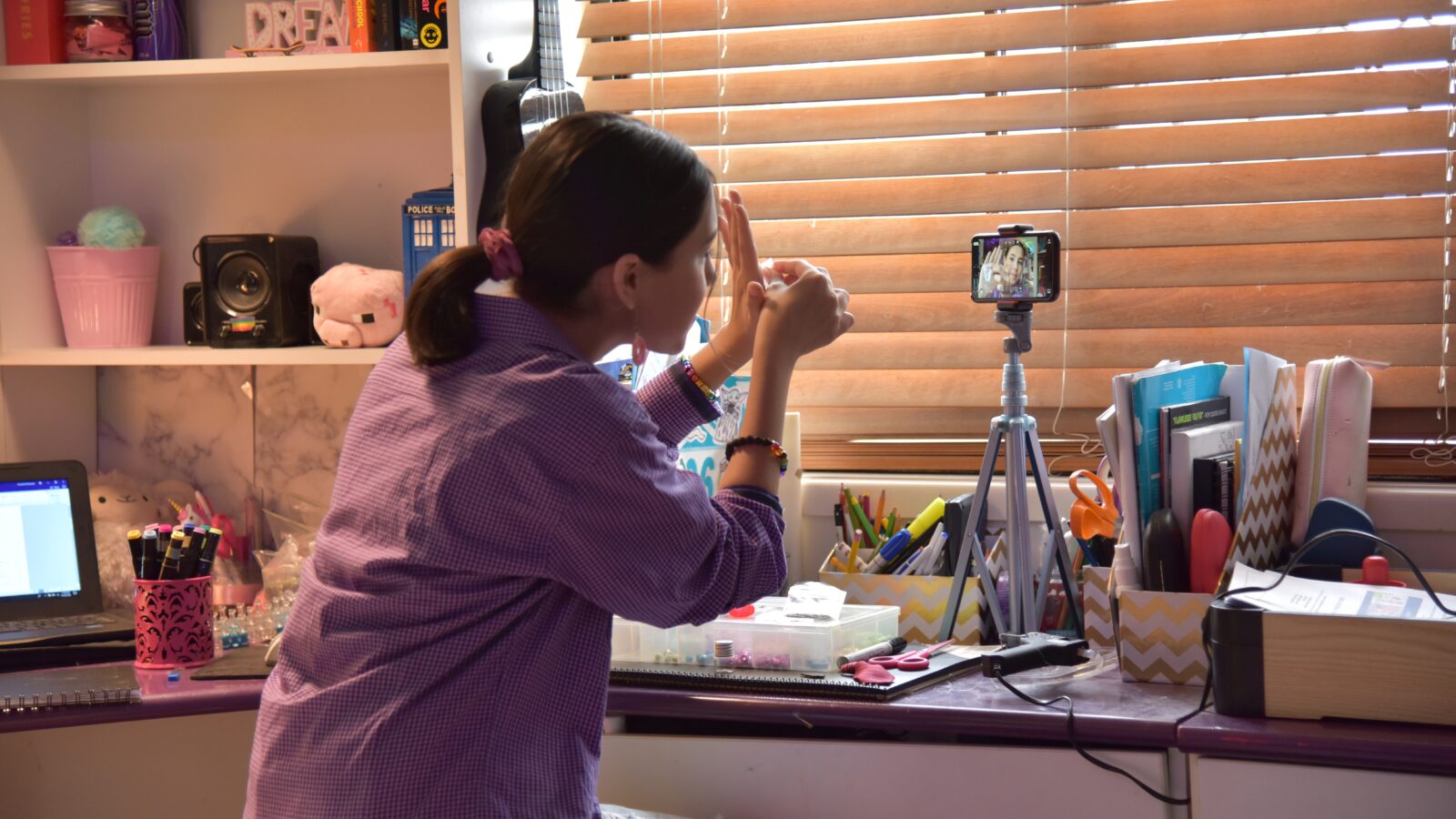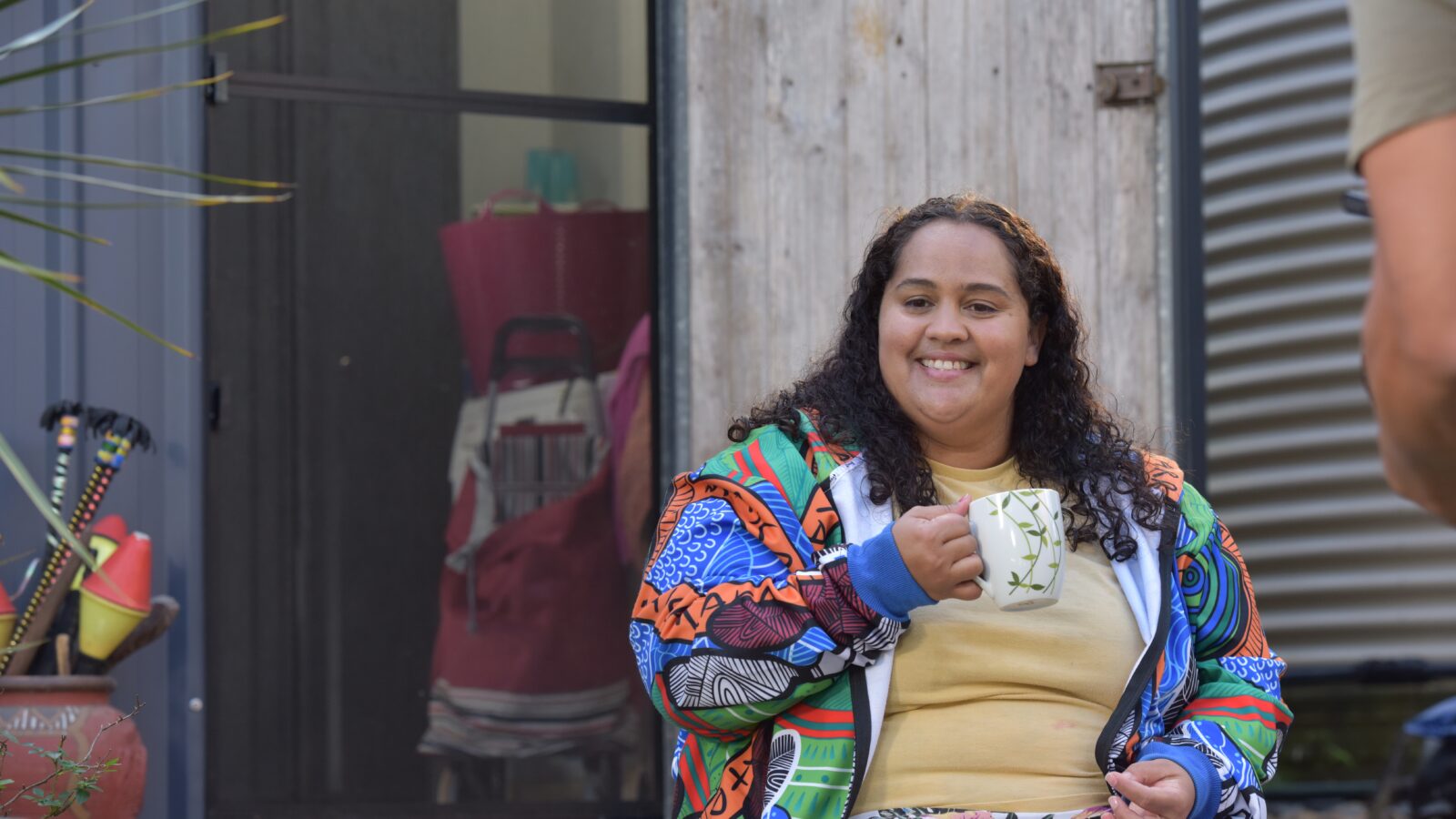In this ever-changing world, it can be hard to imagine what the future will look like for the young people of today. While it’s likely some of them will have jobs that are yet to be invented, there are five useful skills that will equip them to make the most of what their future holds, no matter what career path they choose to follow.
1. Communication
Faced with an overwhelming amount of information, young people need to be able to analyse, process and communicate their thoughts in a way that people can understand. Questioning and listening skills combined with an ability to communicate with people from different cultural backgrounds are increasingly important skills as organisations and industries globalise. While most young people love to communicate using technology, communication is as much about personal interactions as it is about using digital media to build strong and effective working relationships. You can help your child learn effective communication skills at home through how you communicate with them day to day. It’s not always easy to connect with your teenager, but by being calm, respectful, and open, and listening more than you speak, you are demonstrating what effective communication looks like while building trust with your child.
2. Critical thinking
Critical thinking allows people to compare evidence, evaluate competing claims, and make sensible decisions. In the future, complex problems we cannot even imagine right now will need to be solved. Critical-thinking skills equip young people to solve real-world problems and empower them to make effective and level-headed decisions in their personal lives. You can help your child develop their critical thinking skills at home by asking them questions that challenge them to think more deeply. Ask questions like, ‘Why do you think that?’ and ‘What is your knowledge based on?’ and encourage them to make comparisons. For example, you could ask your child to list the pros and cons of different options when making a choice or ask them to compare the possible outcomes of each option in the short and long term. Practise thinking out loud in front of your child when you are solving a problem. By doing this, you are modelling critical thinking and showing your child what it takes to work through a problem step-by-step. Remember that these advanced thinking skills can take time and practice to develop and with the rapid growth of teenagers’ brains, it can help to have routines that promote structure and predictability at home.
3. Personal and social skills
Young people going out into the world today will need to work with people locally, nationally and internationally from different cultures and with different languages and beliefs. Being respectful of diversity and valuing different cultures and belief systems is an important skill in the working world whether you are interacting with people online or offline. Valuing difference in other people is something you can nurture at home in the way you behave and talk about other people. Personal skills such as effective self-management – being able to manage emotions and behaviours, be organised to get things done on time, and showing grit by sticking at things – are also important skills your teenager needs to develop. While schools work hard to develop these skills in young people, you can also help at home. Encouraging your teenager to establish routines can bring structure to a time in their lives when they are grappling with lots of change. Helping your child to understand their brain and how it grows rapidly during their teenage years can help them appreciate why it can be hard to manage their emotions. Finally, promoting positivity at home can help your teen build positive ways of thinking and acting which will help them develop the personal skills they need to succeed in life.
4. Creative thinking
Thinking creatively is all about looking at problems from multiple perspectives including perspectives others may not see. Sometimes this is referred to as ‘thinking outside the box’. Creative thinking is what allows people to come up with original ideas, solve problems, and create new ways of doing things. Creativity is possible in all areas of human life, from the sciences, the arts, mathematics, and technology, to cuisine, teaching, politics, and business. As the world changes and we see a rise in new technologies, creative thinking will be essential in helping us make the most of these opportunities in a responsible way. If you catch your child being curious or interested in something, recognise their creative instinct and find positive ways to nurture that spark. For teens, using social media to display their creativity can be a positive way for them to use technology. Encourage their creative thinking skills with ‘what if’ alternatives to reality by asking questions like, ‘What if humans could fly?’ or ‘What if robots ruled the world?’ and see what they come up with. Find things around the house that your child can take apart, and encourage them to explore different environments, inside and outside, to stimulate their imagination.
5. Information and communication technologies skills
Most young people do not know a life without Google, social media and smartphones. So becoming safe and responsible users of technology is an important skill for every young person if they are to navigate the online world. Not only do they need to know how to operate the technology, they also need navigation skills to search, find and understand information and to verify and evaluate the sources of information they find. While managing the use of devices in the home can be very challenging, encouraging responsible use of mobile phones and other devices at home is one way you can equip your child with the skills and knowledge they will need to be a responsible user of technology in their future working life. Establishing family rules about when devices can be used, keeping phones safe, and managing costs associated with the use of devices are some ways you can help your child understand what responsible use of devices looks like. And talking openly with your child about the risks of using social media can help keep them safe and learn about responsible and respectful ways to behave online. Find out more about how to use parental controls to maximise online safety in your home and read about cybersafety in Queensland state schools.
Last Updated: 24 June 2022




